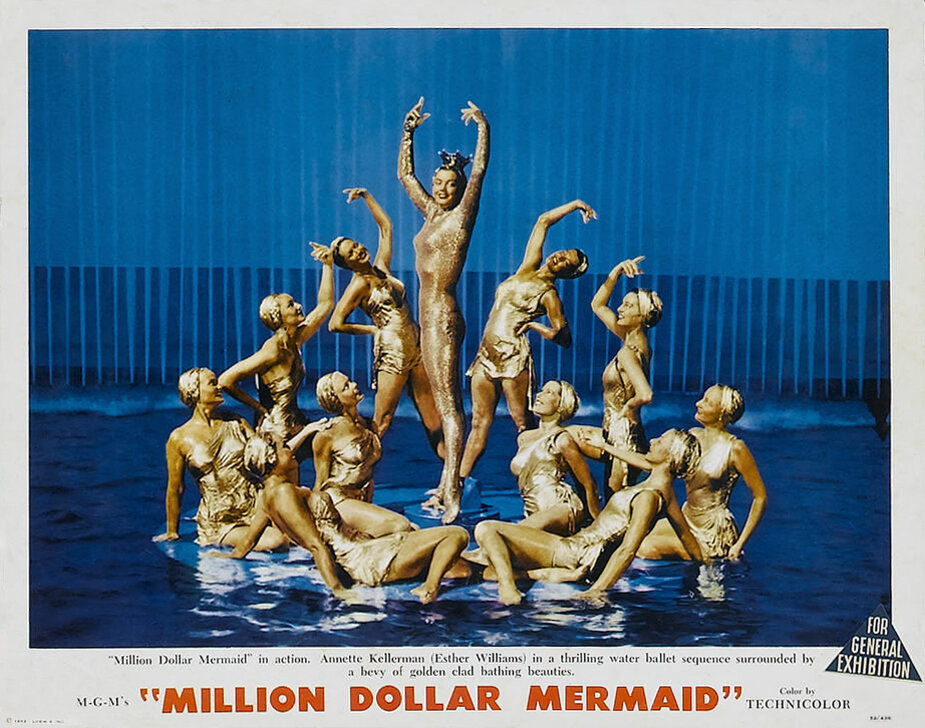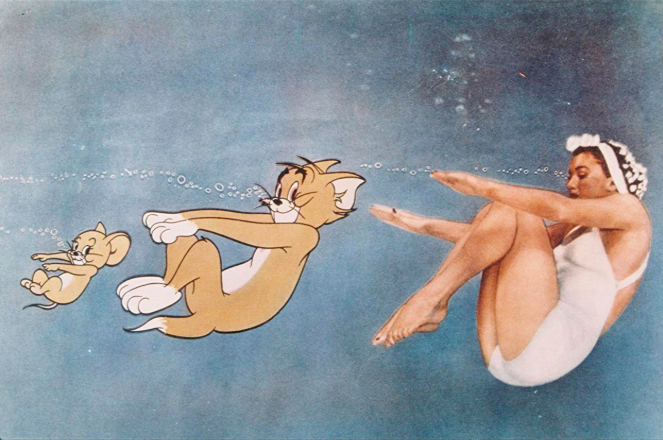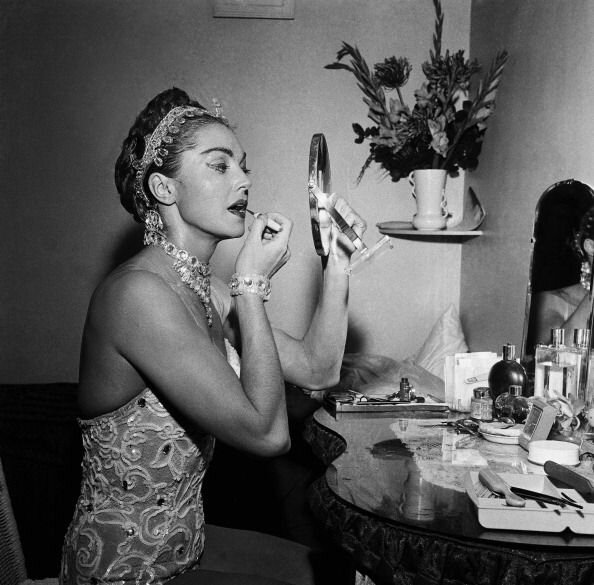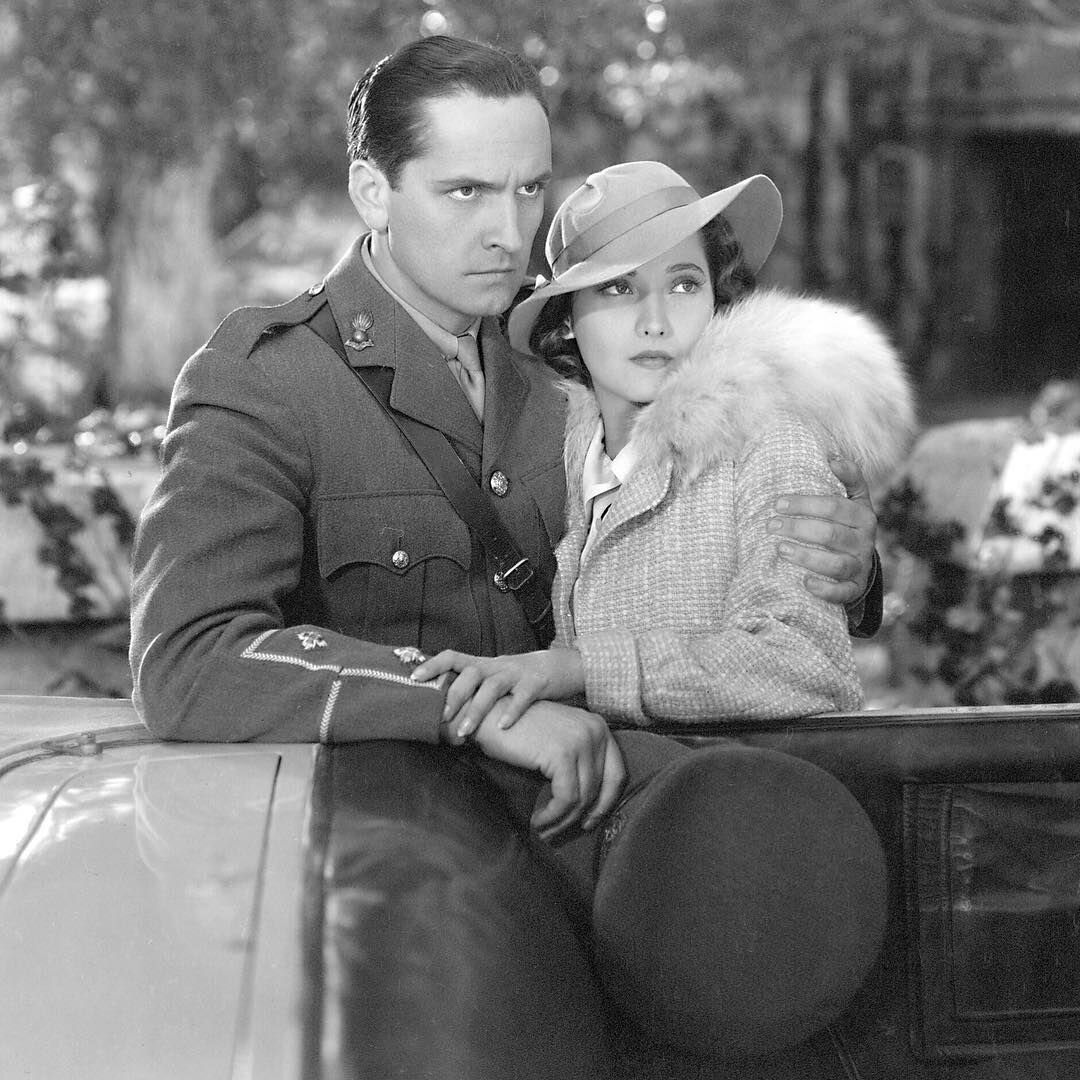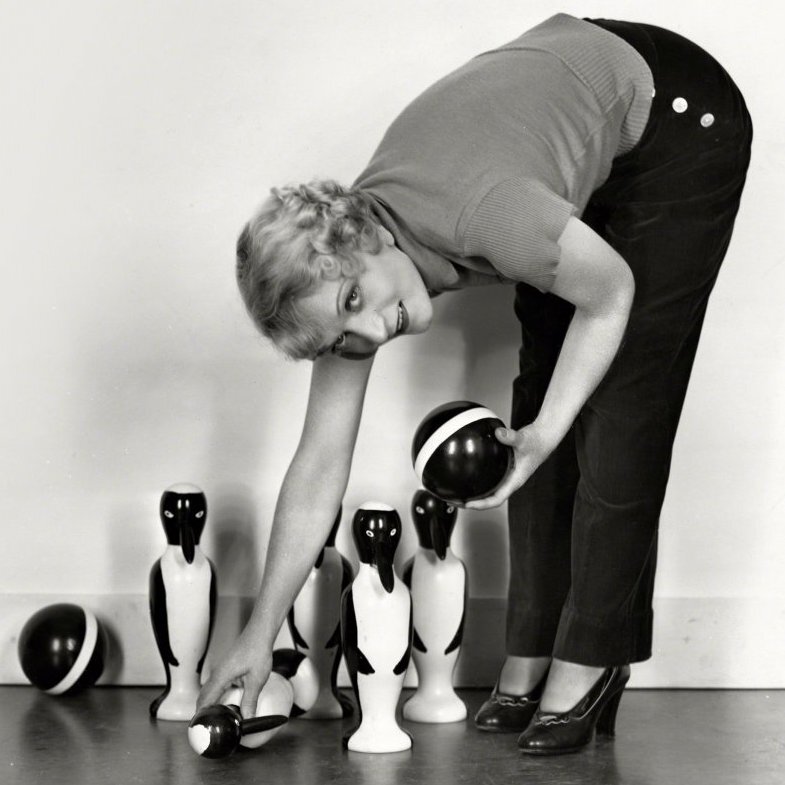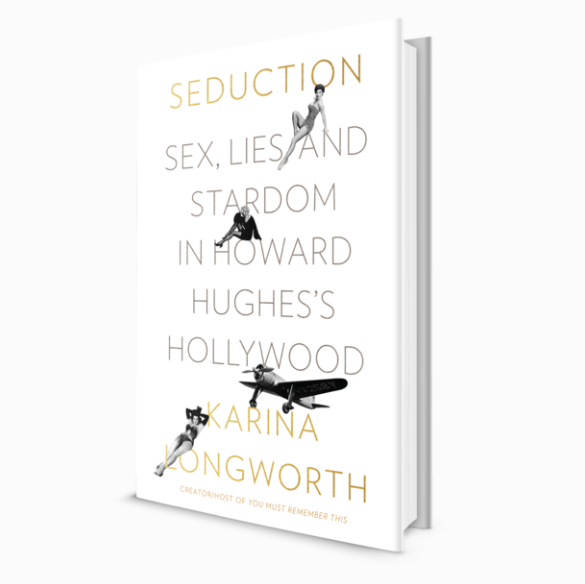Listen to this episode on Apple Podcasts.
Esther Williams single-handedly helped to popularize the past time of swimming, first as the star swimmer of the San Francisco production of Billy Rose's Aquacade, and then as the star of Hollywood films like Bathing Beauties and Million Dollar Mermaid. Williams’s stardom—and the necessity to maintain her image as a grinning glamour girl, even while submerged underwater—led to the creation of several waterproof products and swimwear innovations, from waterproof foundation and eyeliner to bathing cap couture. Despite two decades of sustained celebrity and brand power, Williams eventually struggled to maintain the pristine bathing beauty facade. She lost her MGM contract in the 1960s and had to pay millions to the studio in damages; on her way down, she slapped her name on swimming pools and exercise videos, stumbled through four unhappy marriages and started to experiment with taking LSD for her depression. Drawing on previously untapped resources, Rachel Syme will tell the story of Williams' rise and fall, and the innovations in aqua-beauty she inspired, while also analyzing why we want to be waterproof, why we want to be so invulnerable to the elements—and why putting swimming on-screen led to extra pressures for women to look put-together, even when sopping wet.
This episode was written and performed by Rachel Syme, a writer, reporter and cultural critic living in New York City. who writes a regular column for The New Yorker on fashion and beauty. She is also a regular contributor to The New York Times Magazine, GQ, Vanity Fair, and Esquire. She often writes about the complex intersection between fame, glamour, beauty, and feminism.
SHOW NOTES:
Sources specific to this episode:
The Million Dollar Mermaid: An Autobiography by Esther Williams
Synchronized Swimming: An American History by Dawn Payson Bean
The Billy Rose Aquacade collection at the NYPL Performing Arts Library
“Secret Sources” by Alexandra Penney, October 23, 1977, The New York Times
“Beauty, Making a Splash” by Linda Wells, June 4, 1989, The New York Times
“Eleanor Holm Whalen, 30's Swimming Champion” obituary, February 2, 2004, The New York Times
“The Aquacade of Queens,” by Sergey Kadinsky, Hidden Waters of New York
Music:
The music used in this episode, with the exception of the intro, was sourced from royalty-free music libraries and licensed music collections. The intro includes a clip from the film Casablanca.
Excerpts from the following songs were used throughout the episode:
Better Late Than Never - Laurence Holloway
Hollywood Forever - Jean Claudric
Make Believe You're A Hero - John Harry Cacavas, Hal David
How About Mine - John Harry Cacavas, Hal David
Two Latin Lovers - John Harry Cacavas, Hal David
Can't Get You Out Of My Mind - John Harry Cacavas, Hal David
Kitsch Comedy - Peter Jeffries
Wrong Track - Philippe Jacques Marie Hersant
Love Pain - Bruno Raymond Bertoli
Tragical Destiny - Bruno Raymond Bertoli
Escape In The Dark - Jean Claudric
Meet The Host - Max Harris
Johnny Ubiquitous - Trevor Duncan
A Life Of Memories - Jean Claudric
Credits:
Make Me Over is a special presentation of You Must Remember This. It was created and directed by Karina Longworth, who also edited the scripts.
This episode was written and performed by Rachel Syme.
Research and production assistant: Lindsey D. Schoenholtz.
Social media assistant: Brendan Whalen.
Producer: Tomeka Weatherspoon.
Editor: Jared O'Connell.
Audio engineers: Jared O'Connell, Andrea Kristins and Brendan Burns.
Supervising Producer: Josephine Martorana.
Executive Producer: Chris Bannon.
Logo design: Teddy Blanks and Aaron Nestor.

